Antarctica – Earth's last remaining unspoiled landmass – is under increasing pressure from human activity.
An international study published in the journal Nature Sustainability warns that booming tourism and the expansion of research stations are fueling pollution, accelerating snowmelt, and threatening ecosystems already fragile in the face of climate change.
According to the Association of Antarctic Tour Operators (IAATO), the number of visitors to the continent has increased from 8,000 per year in the 1990s to over 124,000 in the 2023-2024 season and could reach 450,000 by 2034.
Each tourist emits an average of 5.44 tons of CO2, disrupting wildlife, encroaching on vegetation, and accelerating ice melting.
Even more concerning is the phenomenon of black carbon – a substance produced during the incomplete combustion of fossil fuels in ship engines, aircraft, and diesel generators.
This is the main factor that causes snow to darken, reducing its ability to reflect light, accelerating heat absorption, and melting at an unprecedented rate.
According to scientist Raul Cordero, a member of the research team, a tourist can contribute to melting about 100 tons of snow. Meanwhile, scientific research trips – which use heavy vehicles and involve long-term camping – can have an impact ten times greater than that of an average tourist.
Specifically, after a four-year survey covering a 2,000km journey across Antarctica to assess pollution levels, the research team discovered that in areas with human activity, the concentration of toxic metals such as nickel, copper, and lead had increased tenfold compared to four decades earlier.
To address this alarming situation, the Antarctic Treaty was enacted to prohibit the use of environmentally polluting fuels such as heavy fuel oil. Many travel companies have experimented with hybrid and electric vessels.
In addition, IAATO implemented traffic diversion measures to avoid congestion on train routes and issued strict regulations regarding access and observation of wildlife.
Scientists emphasize that only a drastic reduction in fossil fuels and a shift to renewable energy can save the "White Continent."
Source: https://www.vietnamplus.vn/du-lich-va-nghien-khoa-hoc-de-doa-he-sinh-thai-nam-cuc-post1057811.vnp









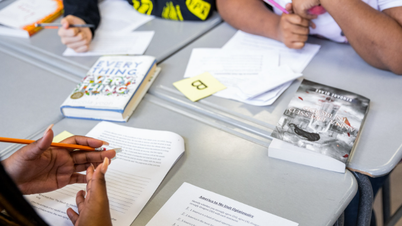

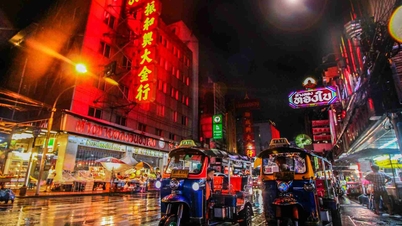

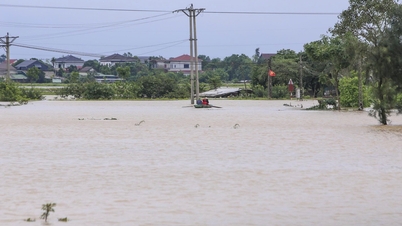

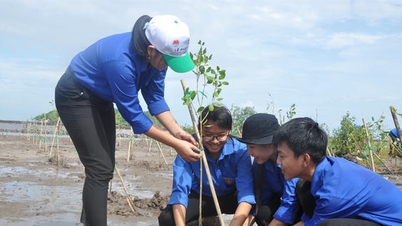





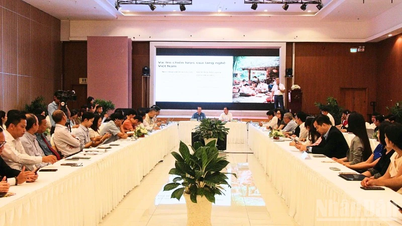
















![[Photo] Prime Minister Pham Minh Chinh holds a phone call with the CEO of Russia's Rosatom Corporation.](/_next/image?url=https%3A%2F%2Fvphoto.vietnam.vn%2Fthumb%2F1200x675%2Fvietnam%2Fresource%2FIMAGE%2F2025%2F12%2F11%2F1765464552365_dsc-5295-jpg.webp&w=3840&q=75)

















































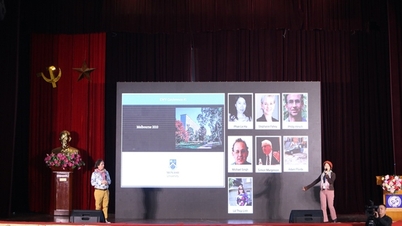




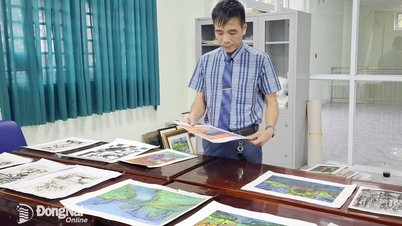















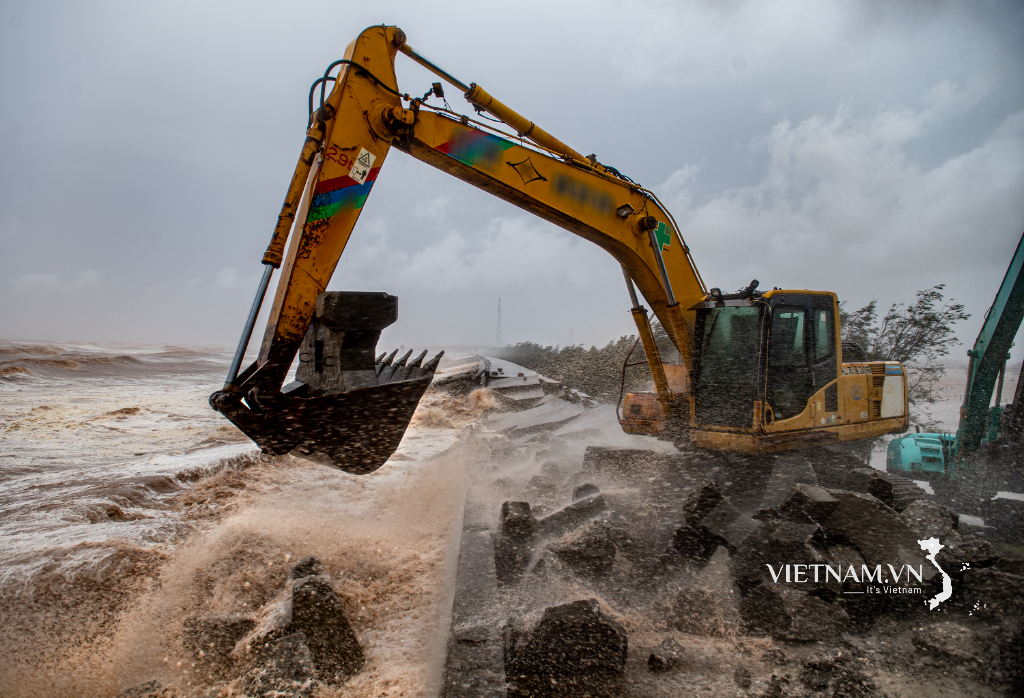


Comment (0)